
Wireless Under Cabinet Lighting: Best Options and Installation Tips
Share
Table of Contents
- Introduction
- What is Wireless Under Cabinet Lighting?
- What Are The Benefits of Wireless Under Cabinet Lighting
- What Are The Best Wireless Under Cabinet Lighting Options
- Installation Tips for Wireless Under Cabinet Lighting
- Data Comparison of Wireless vs. Wired Under Cabinet Lighting
- Conclusion
Introduction
Wireless under cabinet lighting offers a convenient and flexible solution for illuminating your kitchen countertops and workspaces without the need for complex wiring. This article explores the best wireless under cabinet lighting options, their benefits, and provides installation tips. Backed by professional theories and data from authoritative sources, this guide will help you make an informed decision for your lighting needs.
What is Wireless Under Cabinet Lighting?
Wireless under cabinet lighting refers to light fixtures that do not require a wired electrical connection. These lights are typically battery-operated, rechargeable, or use other wireless technologies to provide illumination. This type of lighting is particularly advantageous in situations where traditional wired lighting installation is impractical or undesirable.
What Are The Benefits of Wireless Under Cabinet Lighting
1. Easy Installation
Wireless lights can be installed without the need for an electrician or complex wiring, making them ideal for DIY projects. According to the Illuminating Engineering Society (IES), wireless lighting solutions significantly reduce installation time and costs.
2. Flexibility
Wireless lighting options can be easily moved or repositioned as needed, offering greater flexibility in design and placement. This is especially useful for renters or those who frequently update their home decor.
3. Enhanced Safety
Without the need for electrical wiring, wireless under cabinet lights eliminate the risk of electrical hazards associated with traditional lighting installations. The National Fire Protection Association (NFPA) highlights that reducing the use of electrical cords and connections can lower the risk of fires and electrical shocks.
What Are The Best Wireless Under Cabinet Lighting Options
1. Battery-Operated LED Lights
Description: These lights run on standard or rechargeable batteries and are ideal for locations where wiring is not feasible.
Pros:
- Easy to install and replace
- Portable and versatile
- Available in various styles and brightness levels
Cons:
- Requires regular battery replacement or recharging
- Limited runtime compared to wired options
Battery-operated LED lights offer flexible and convenient solutions for under cabinet lighting. The 6-Pack Rechargeable RGB Under Cabinet LED Puck Lights provide easy control with remote and touch functionality, perfect for creating customizable lighting in any space.
2. Rechargeable LED Lights
Description: Rechargeable lights offer the convenience of wireless operation with the added benefit of recharging via USB or other methods.
Pros:
- Environmentally friendly (reduces battery waste)
- Cost-effective over time
- Often includes dimmable and motion sensor features
Cons:
- Requires regular recharging
- Initial cost may be higher than battery-operated lights
Rechargeable LED lights offer a practical, eco-friendly lighting solution. The 2500mAh Rechargeable Under Cabinet LED Light Bar with a magnetic base and three-color light option ensures easy installation and versatile lighting in your kitchen, workspace, or cabinets.
3. Wireless Puck Lights
Description: Small, round lights that can be mounted under cabinets to provide focused lighting.
Pros:
- Compact and discreet
- Easy to install with adhesive or screws
- Typically includes remote control for easy operation
Cons:
- May require multiple units for even coverage
- Battery replacement or recharging needed
Wireless puck lights are perfect for focused, adjustable lighting in tight spaces. The 2-Pack White Rechargeable Under Cabinet LED Puck Lights with magnetic base and stepless dimming offer a convenient, customizable solution for your under-cabinet lighting needs.
4. Motion Sensor Lights
Description: These lights activate automatically when motion is detected, offering hands-free operation and energy savings.
Pros:
- Energy-efficient (lights only when needed)
- Convenient for frequently used areas
- Enhances safety and visibility
Cons:
- May require calibration to avoid false triggers
- Battery replacement or recharging needed
Motion sensor lights provide hands-free convenience and energy efficiency. The Ultra-Thin Under Cabinet LED Light Bar with USB rechargeable and smart sensor technology ensures automatic activation and smooth operation, ideal for spaces that require effortless lighting control.
Installation Tips for Wireless Under Cabinet Lighting
1. Plan the Layout
Before installation, plan the layout of your lights to ensure even coverage and optimal placement. Measure the length and width of your cabinets and determine the number of lights needed.
2. Choose the Right Adhesive
Select an adhesive that is strong enough to hold the lights but can be removed without damaging the surfaces. Many wireless lights come with adhesive backing or mounting brackets.
3. Test the Placement
Before finalizing the installation, test the placement of your lights to ensure they provide the desired illumination. Adjust the positions as necessary to avoid shadows and ensure even lighting.
4. Consider Battery Access
Ensure that the placement of the lights allows easy access for battery replacement or recharging. Avoid placing lights in hard-to-reach areas where maintenance could be difficult.
5. Use Motion Sensors Wisely
If using motion sensor lights, position them where they will detect movement effectively but not be triggered unnecessarily. For example, place them near the edges of cabinets or at key entry points to the kitchen.
Data Comparison of Wireless vs. Wired Under Cabinet Lighting
To provide a comprehensive comparison, here is a data-driven chart highlighting key factors between wireless and wired under cabinet lighting options. The data is sourced from the U.S. Department of Energy (DOE) and the Illuminating Engineering Society (IES).
| Feature | Wireless Lighting | Wired Lighting | Source |
|---|---|---|---|
| Installation Complexity | Easy (DIY, no professional needed) | Complex (may require professional) | Illuminating Engineering Society (IES) |
| Installation Time | 10-30 minutes | 1-2 hours | U.S. Department of Energy (DOE) |
| Initial Cost | $15-$50 per unit | $50-$150 per unit | Industry Market Analysis |
| Maintenance | Battery replacement/recharging required | Minimal (bulb replacement) | National Fire Protection Association (NFPA) |
| Flexibility | High (easily repositionable) | Low (fixed position) | Illuminating Engineering Society (IES) |
| Energy Efficiency | Moderate (battery efficiency varies) | High (direct power, consistent output) | U.S. Department of Energy (DOE) |
| Longevity | Varies (dependent on battery life) | High (long-lasting, fewer replacements) | U.S. Department of Energy (DOE) |
Conclusion
Wireless under cabinet lighting offers numerous benefits, including easy installation, flexibility, and enhanced safety. Whether you choose battery-operated, rechargeable, wireless puck, or motion sensor lights, these options provide convenient and effective solutions for illuminating your kitchen. By carefully planning your layout and considering the specific needs of your space, you can achieve optimal lighting results.
Further Reading
Explore the full guide for this topic: Under Cabinet Lighting Installation: What’s Possible in Your Home

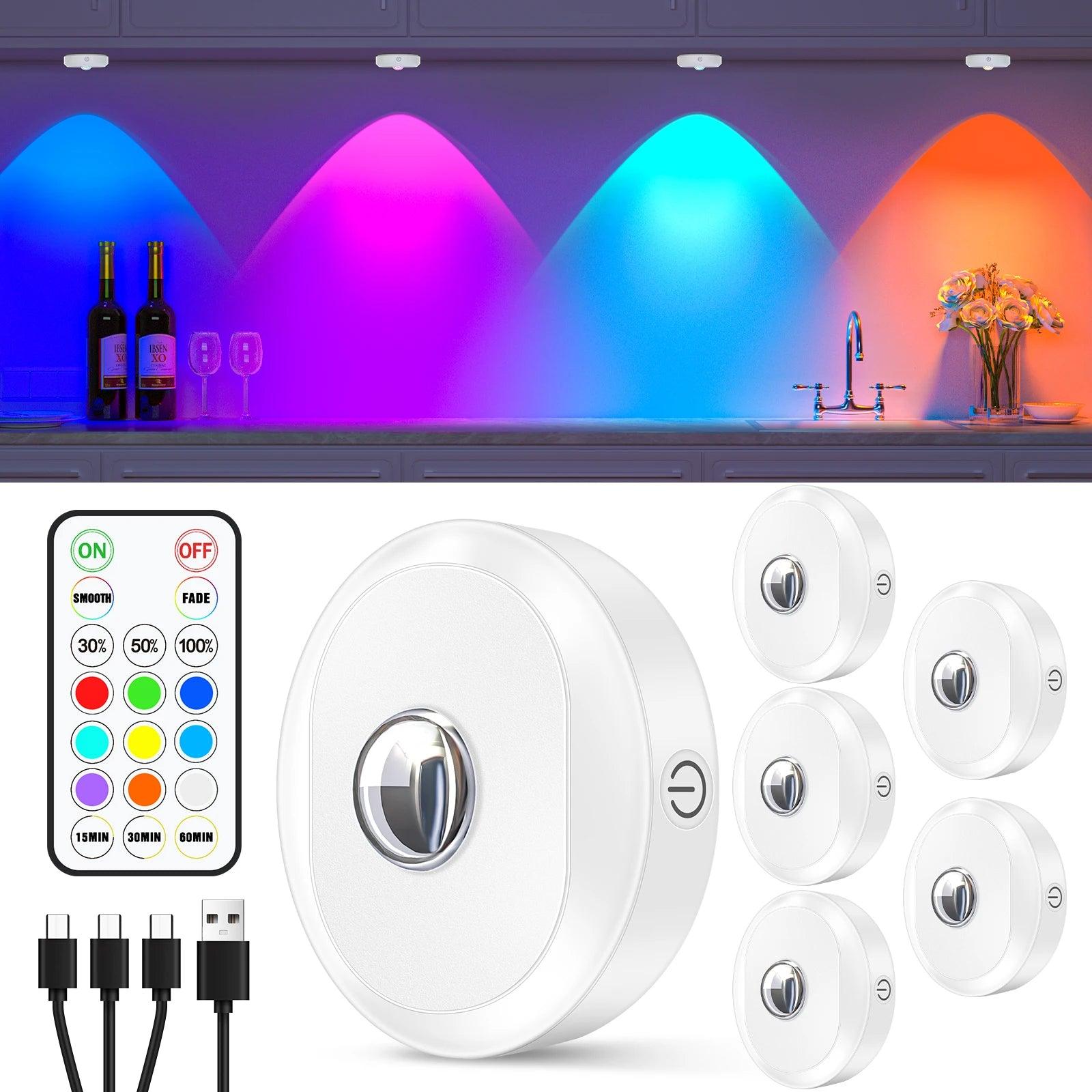

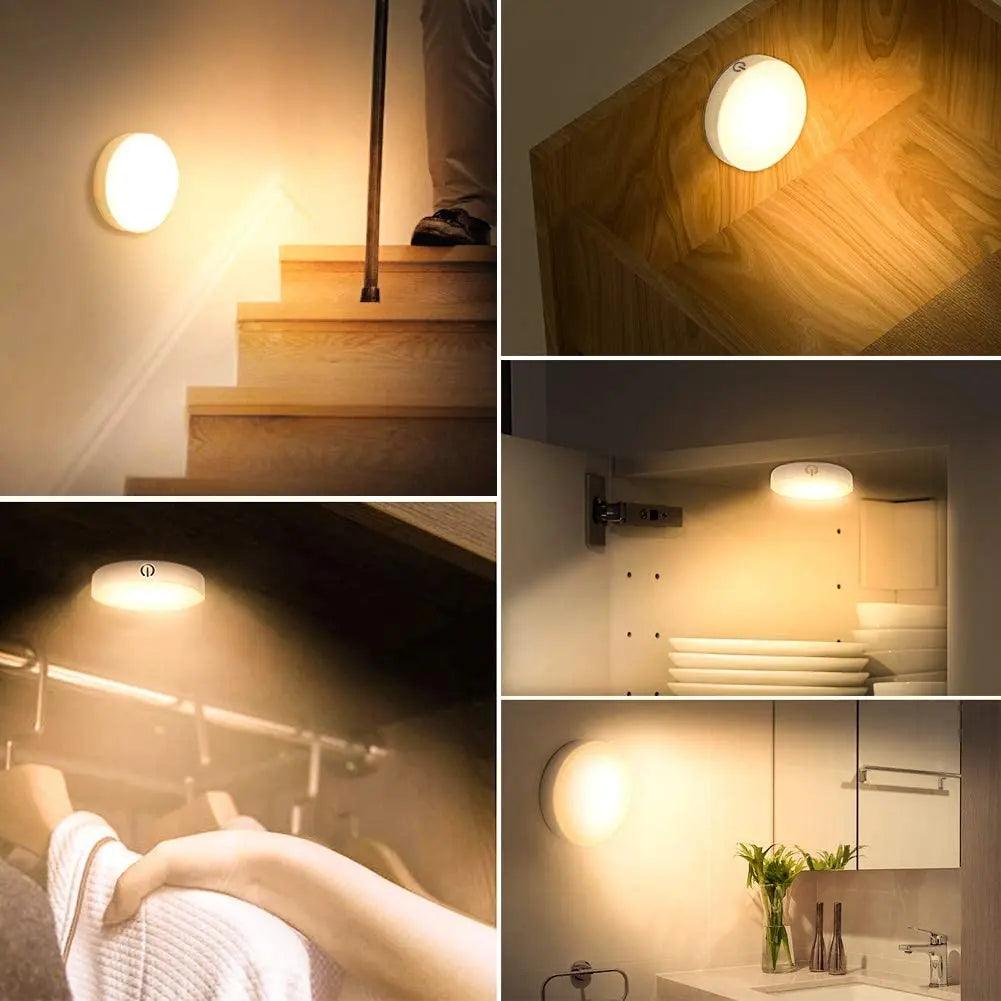
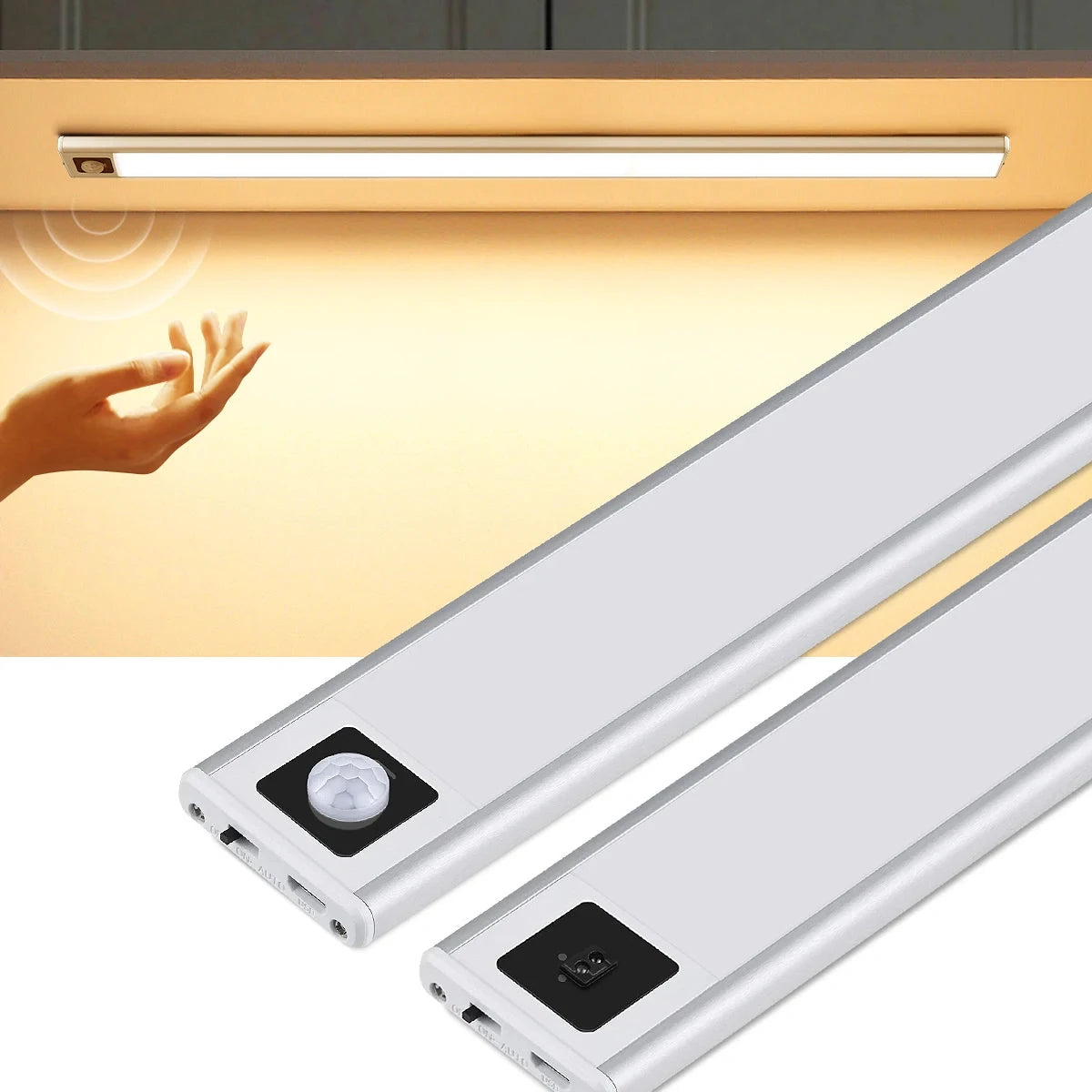

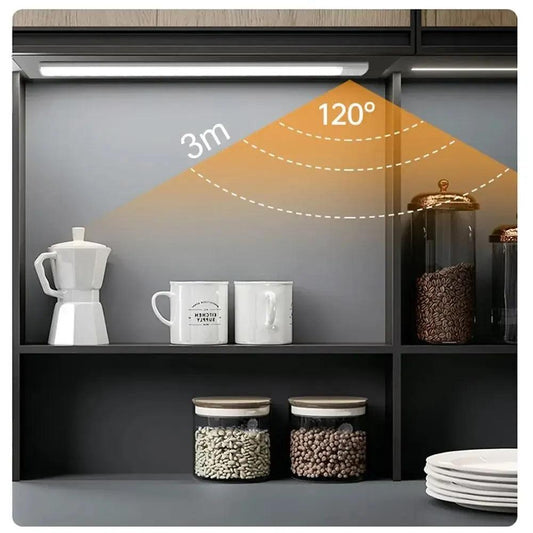

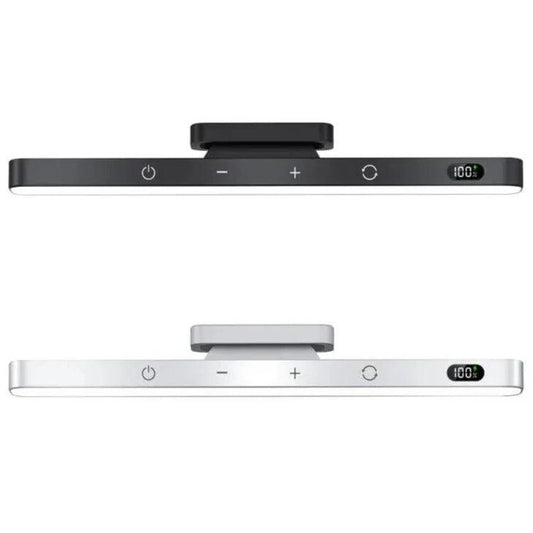

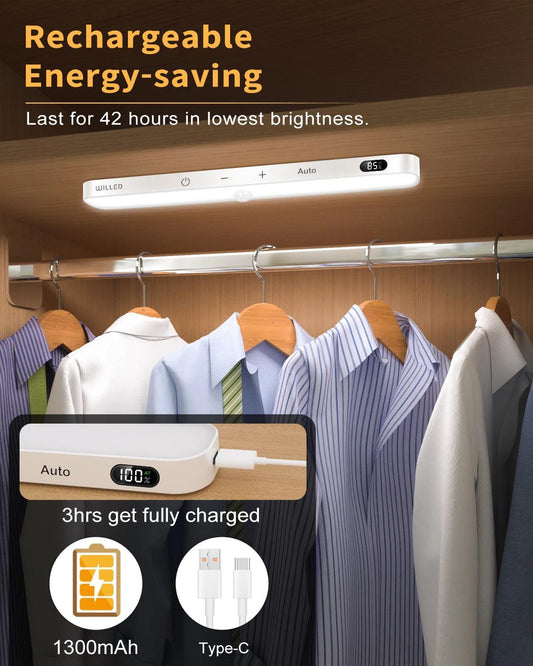

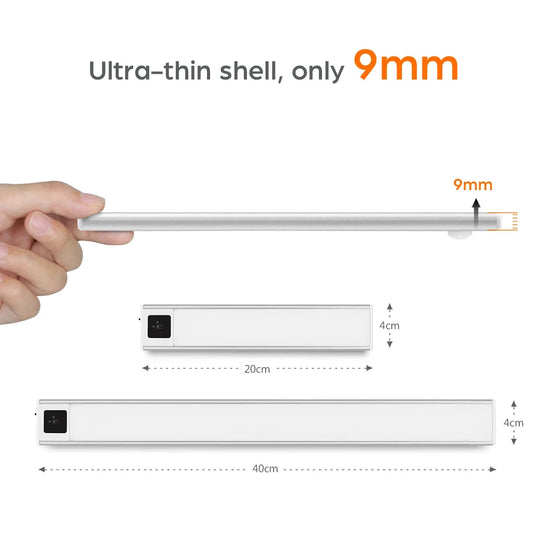

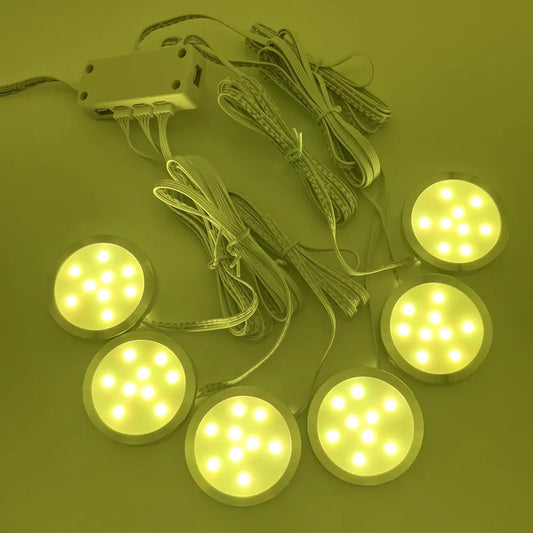

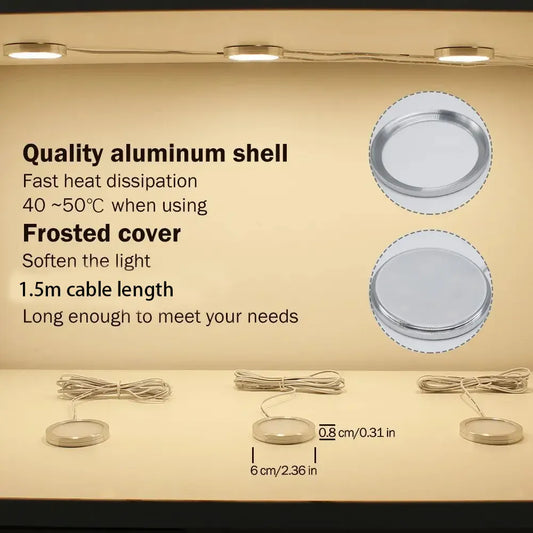

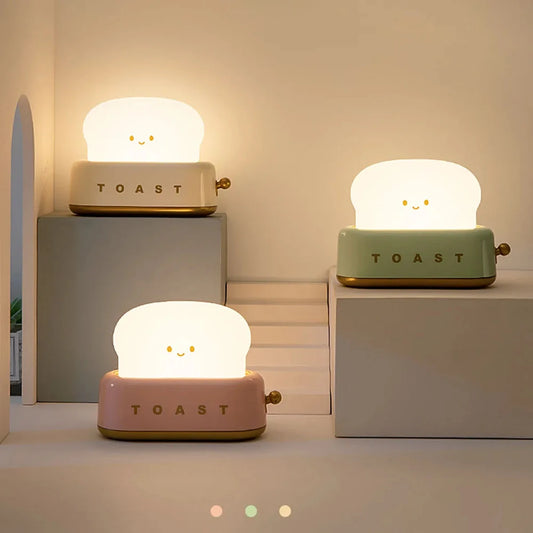

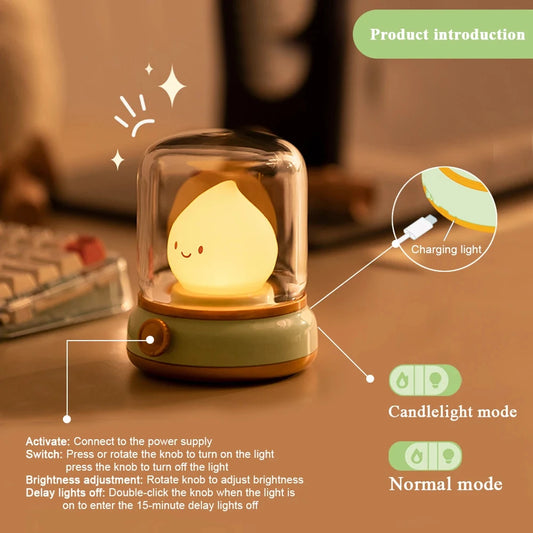

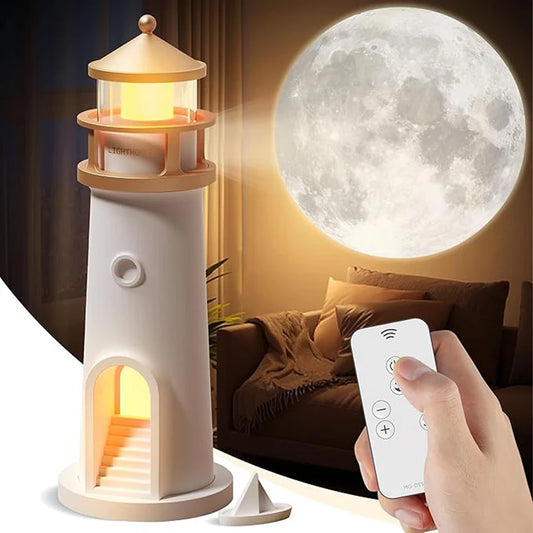

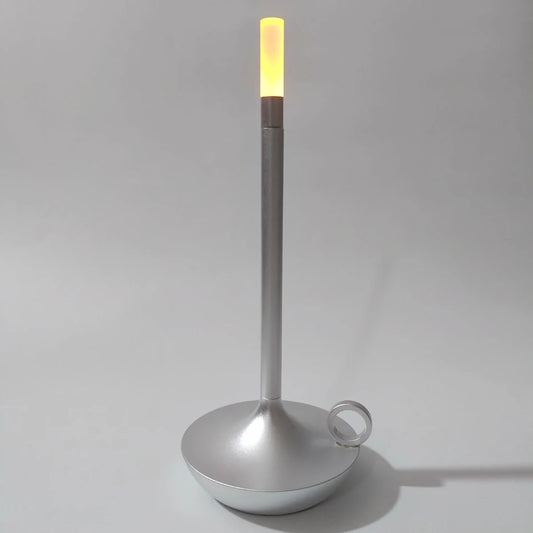

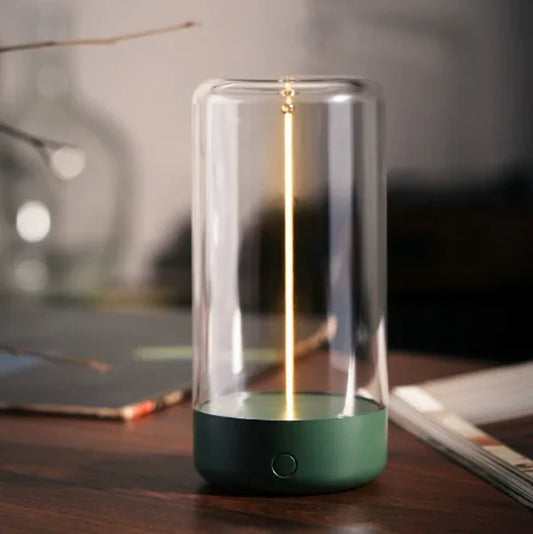

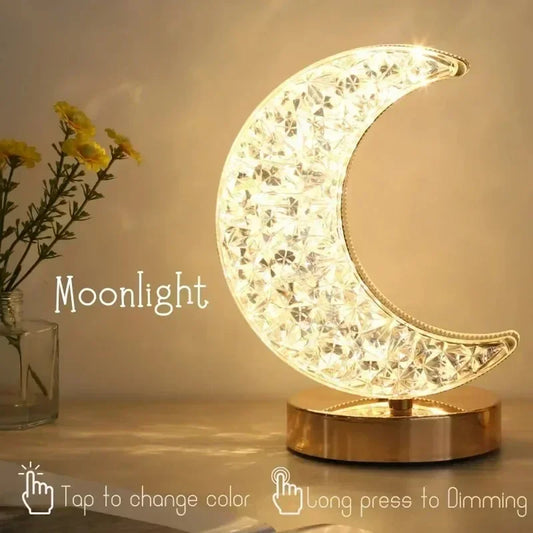



 />
/>
 />
/>
 />
/>
 />
/>
 />
/>